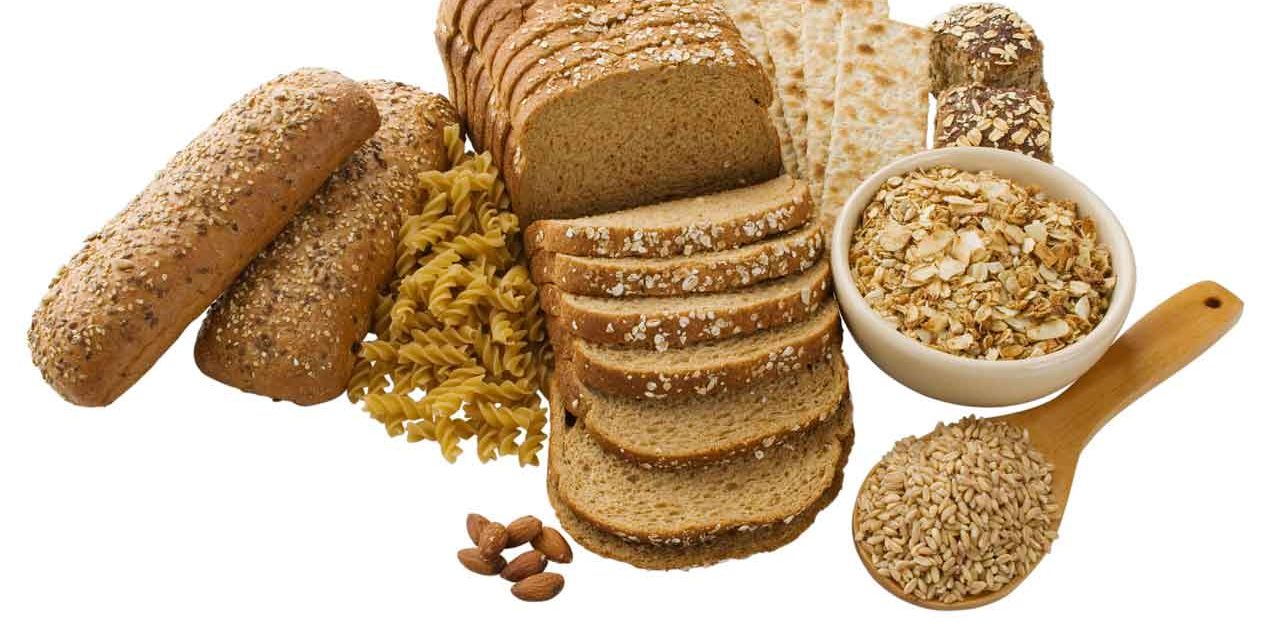The Benefits of Whole Grains to Fight Weight Gain

Can eating whole grain pasta, whole wheat bread, brown rice, and oatmeal help you trim your waistline? Yes, and there are other benefits of whole grains.
Can eating whole grain pasta, whole wheat bread, brown rice, and oatmeal, instead of refined grains, trim your waistline? Research from Tufts University suggests the answer is yes. In fact, consuming fiber-rich whole grains regularly might help keep your weight in check as much as walking briskly for 30 minutes daily.
Previous research has linked diets rich in whole grains to a reduced risk of heart disease, type 2 diabetes, and even some cancers, according to the Tufts research team. To find out if weight management could be added to this list of the benefits of whole grains, the scientists recruited 81 women and men between the ages of 40 and 65 and placed them on special diets.
YOU MIGHT ALSO LIKE: What the New Dietary Guidelines Mean for You
Benefits of whole grains
For the first two weeks, the research team had all participants eat the same foods. The meals were prepared according to the US Dietary Guidelines for Americans and designed to determine the calorie needs for individual volunteers. Then, for six weeks, half of the participants were randomly assigned to eat a diet that included either whole grains or refined grains.
Except for this difference in the type of grains they contained, all the meals for both groups were identical — they had the same nutrients and same kinds of foods. The number of calories in each volunteer’s meals varied somewhat, based on how many calories were needed to maintain an individual’s weight. The study participants ate nothing else except for the provided meals, and they carried on their usual physical activities.
The researchers found the resting metabolism of those eating whole grains was increased, compared to the research volunteers who ate refined grains. Whole grain diets also resulted in fewer calories being absorbed because the high fiber foods moved more quickly through the body than processed grains. By the end of the study, those who ate the fiber-rich whole grain diet had expended about 100 more calories daily than those eating refined grains.
“The extra calories lost by those who ate whole grains was equivalent of a brisk 30-minute walk — or enjoying an extra small cookie every day in terms of its impact,” said senior author Susan B. Roberts, PhD, director of the Tufts University Energy Metabolism Laboratory.
The researchers used commercially available whole grain flour products for their study, but eating foods containing whole grain kernels might lead to an even more dramatic impact on calories and potential weight loss, according to the researchers.
In another Tufts study of whole grains, which took place alongside the weight study, investigators looked to see if eating whole grains had an impact on gut microbiota — the trillions of microbes found in the gastrointestinal tract.
The link between microbiota and health is a growing focus of research because scientists are learning these microbes are generally not harmful and, in fact, are essential for maintaining health. Helpful microbes produce some vitamins that humans do not have the genes to make, break down food to extract nutrients, and even produce anti-inflammatory compounds that fight off other disease-causing microbes, according to the National Institute of Health’s Human Microbiome Project.
The Tufts study found the research subjects who ate the whole grain diet had an increase in healthy gut microbiota. Specifically, there was an increase in Lachnospira in their gastrointestinal tract. This bacterium produces short-chain fatty acids known to be important for a healthy immune system, according to the researchers. What’s more, eating whole grains caused a decrease in inflammation-causing bacteria.
Examples of whole grains
Grains, which include wheat, rice, oats, and barley products, are a major food group. Whole grains include an outer fiber-rich, nutritious layer and are found in products such as whole-wheat flour, oatmeal, and brown rice. Refined grains, such as white flour, white bread, and white rice, are starches processed and broken down into a finer texture, primarily to increase shelf life. This process, known as milling, drains the starch of dietary fiber, iron, and many forms of B vitamins. Through an enrichment process, iron and B vitamins can be added back to refined grains, but the fiber generally is not replaced.
The U.S. Dietary Guidelines for Americans recommends replacing refined grains with whole grains and eating a minimum of three ounces of whole grains for women and four ounces for men each day — that’s equivalent to consuming 1½ to 2 cups of brown rice or oatmeal daily.
Updated:
April 09, 2020
Reviewed By:
Janet O’Dell, RN